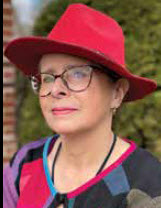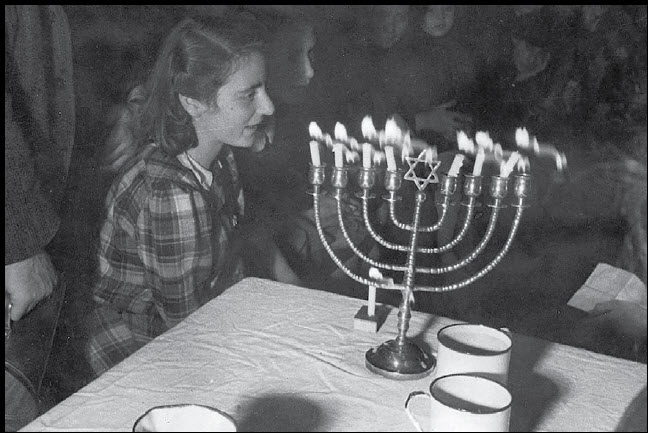 By: Ali Elizabeth Turner
By: Ali Elizabeth Turner
In 2006, I had the fascinating and, at times, disturbing experience of spending part of the holidays in Germany, visiting soldiers I had befriended in Iraq. Chaplain Dixey Behnken and his wife, Julie, took me to a celebration of Weihnachtsmarkt in Frankfurt. It is a Christmas street market with all kinds of food and spiced mulled wine, singing and crafts, vendors and dancing. As I was with the Behnkens, I saw something that chilled me to the bone. On a raised dais, with steps leading up to it, was a deranged man cursing Jewish people, and while I only know a smattering of German, it didn’t take a linguist to figure out what he was saying. On that trip I also had the harrowing experience of going to Dachau on the first day of Iran’s World Conference on the Holocaust—the purpose of which was to prove that it, meaning the Holocaust, never happened. Members of the KKK participated in the Iranian conference while I stood in front of the ovens and in the “showers” in the concentration camp. Three days later, Hanukkah began, and I was given a treasure. It was a small menorah that had been given to some members of a Protestant convent known as Kanaan by the nation of Israel for their work in helping Jews during and after WWII.
I had to sneak the menorah back into Iraq in my backpack, and I prayed that the Iraqis who were newly in charge of customs would not search my belongings. They didn’t, and I also had to forgo a brief leave without pay (LWOP) to Israel while I was still in country because if there had been an Israeli stamp on my passport, I would not have been allowed back into the country.
I have thought of those times as I consider this Hanukkah season, and I wonder how the Festival of Lights, which begins on December 7, is going to be for Israelis as well Jews all over the world. Antisemitism is rearing its ugly head on several college campuses in America and elsewhere. Ivy League schools and state universities are not immune, and even the UN has refused to acknowledge the sexual crimes committed against women beginning on October 7 despite the abundant cell phone footage taken by Hamas as well as some of the hostages. Some of the children who were assaulted were done so with such violence that their pelvises broke.
We are at a crossroads, and as is always the case when something this dark tries to snuff out the light, we must shine brighter. One of the saddest stories to me from WWII is the failure of the church to stand up for the Jewish people when they were targeted for extermination. On Sunday mornings, as the trains rumbled by on the way to the death camps, the people attending church that day would just sing the hymns more loudly in order to drown out the screams for help.
We can choose to face down what we thought would never rebound after Auschwitz and make sure that “Never Again” is far more than a slogan, or we can “sing louder” to our own peril. If ever there was a time to do what King David commanded in Psalm 122, and that is, “Pray for the peace of Jerusalem,” it is now.







